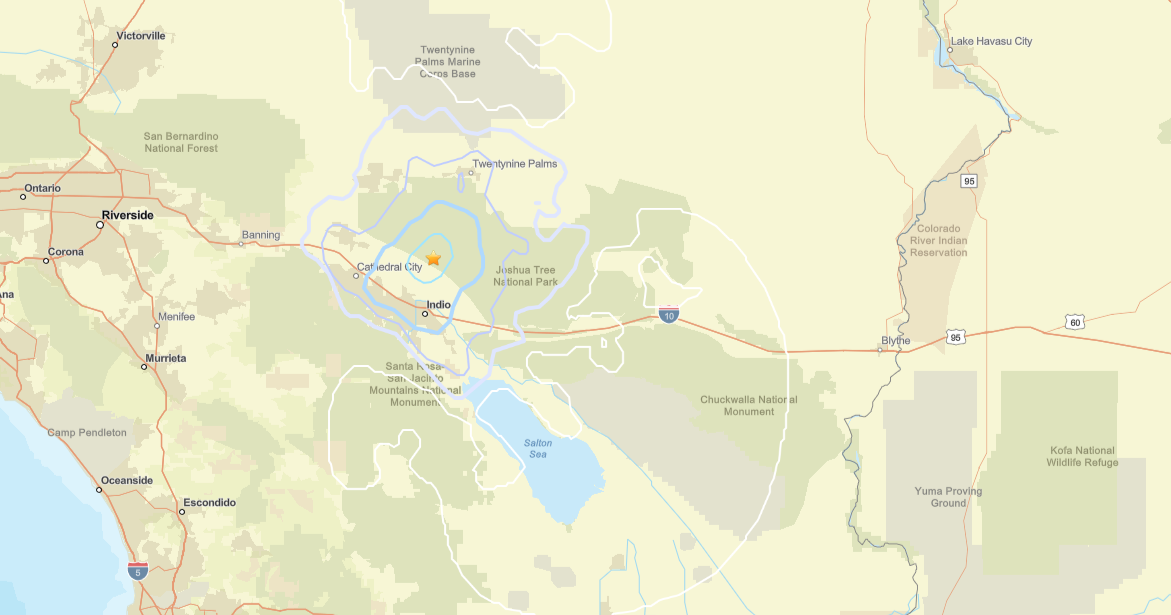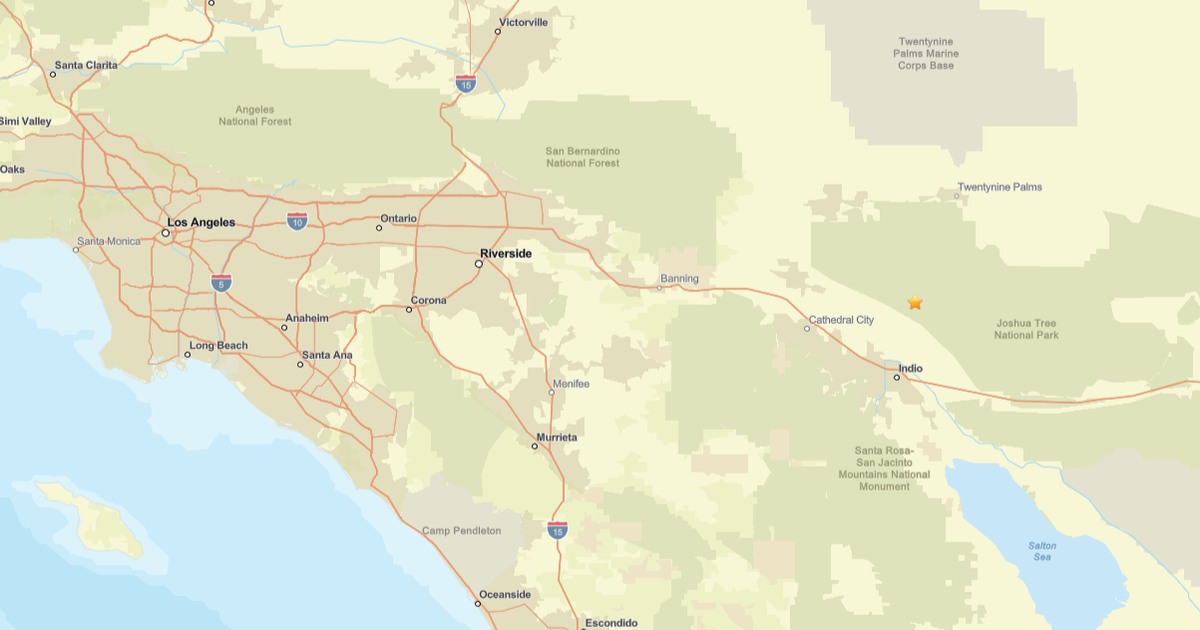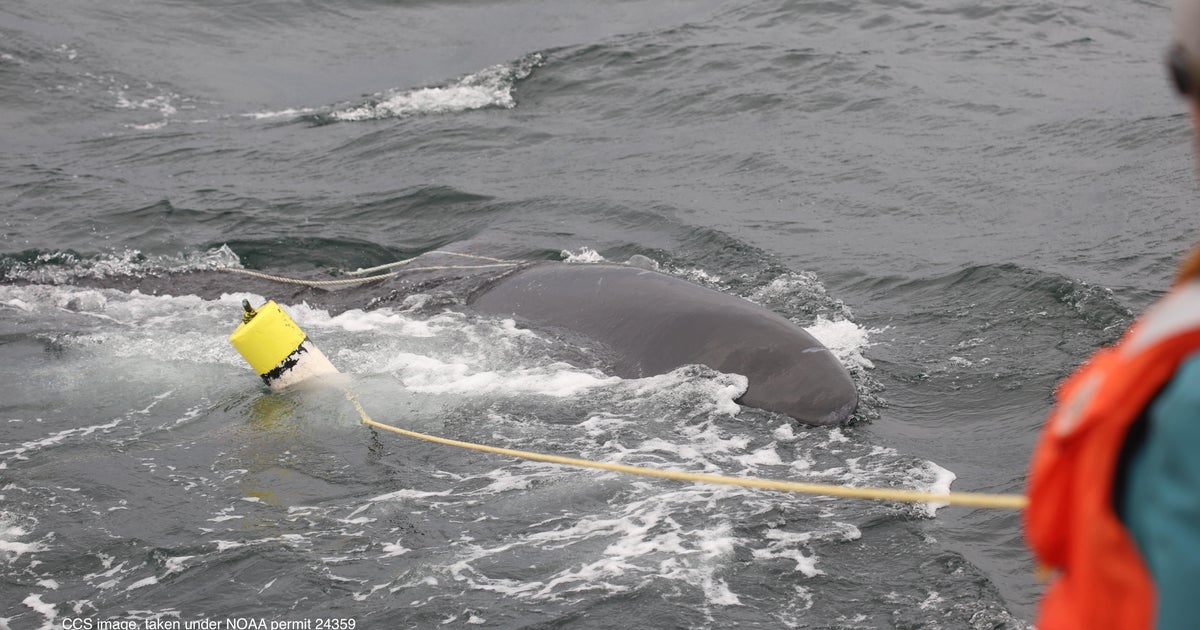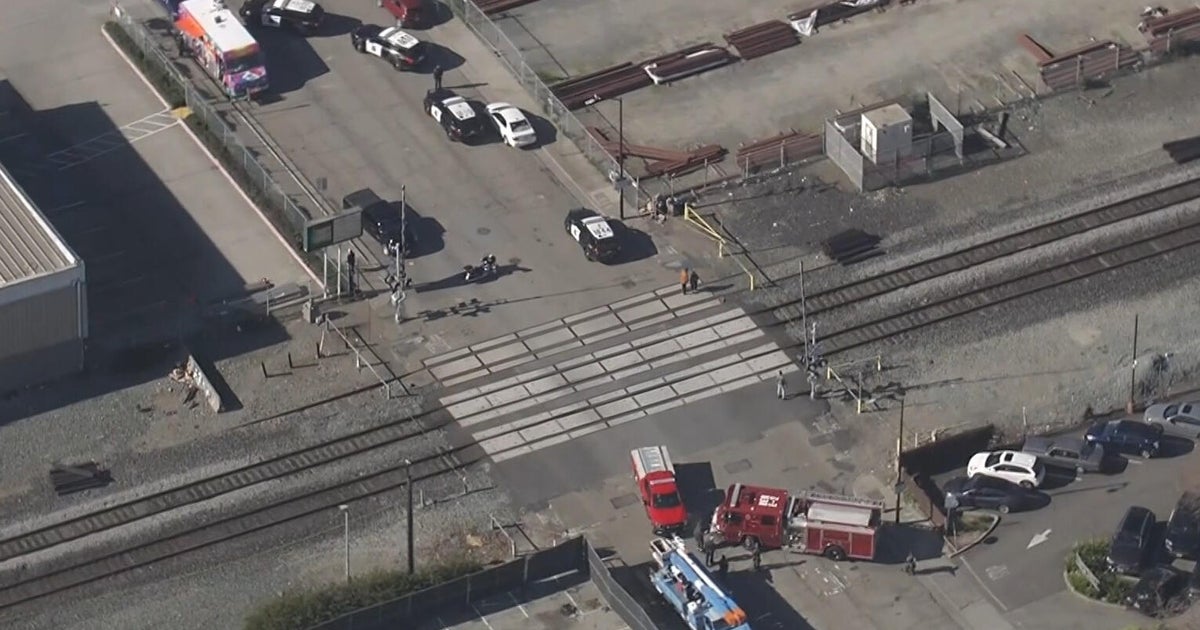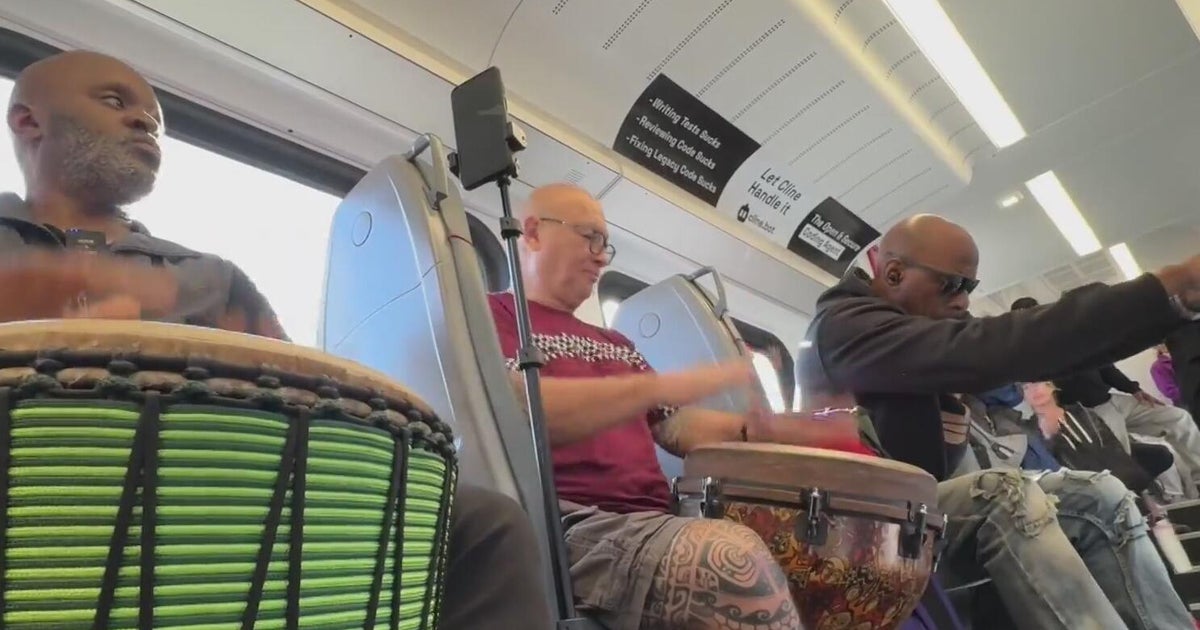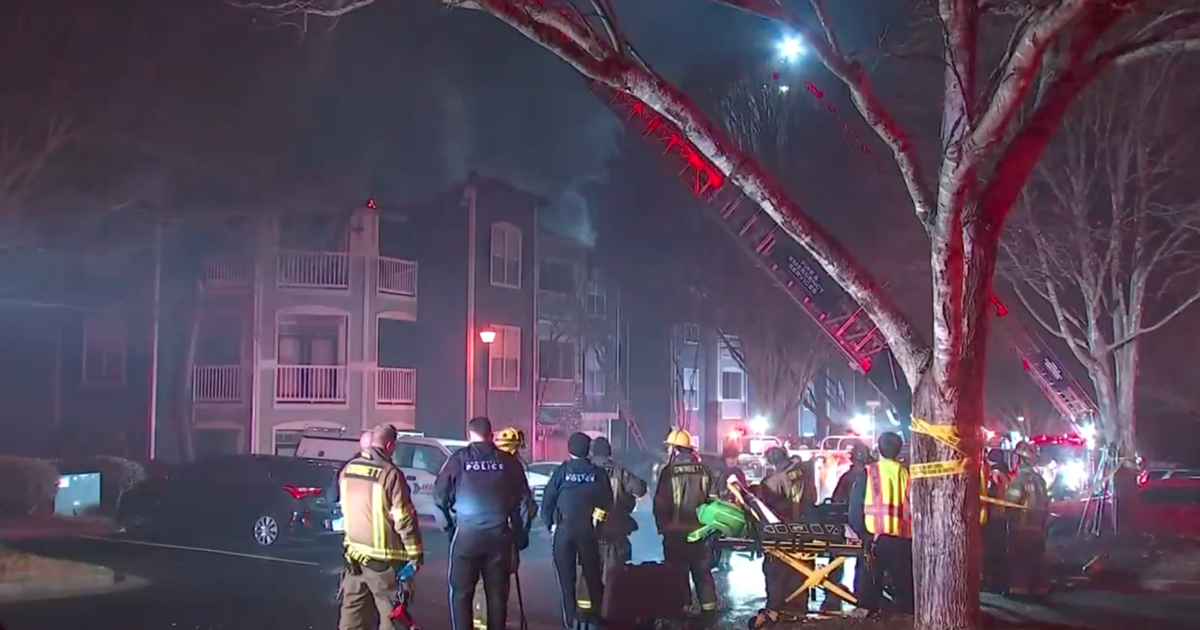Bay Area Turkish community fears worst after thousands killed in 7.8 earthquake
SAN FRANCISCO – Just like in the Bay Area, earthquakes are not uncommon in Turkey. There have been a number of massive ones in the last 80 years. But some say Monday's quake is the worst, and much of the destruction may be the fault of man.
Video coming out of Turkey looks like a Hollywood disaster film, giant apartment buildings falling to the ground as people run for their lives.
The 7.8 magnitude quake has been followed by dozens of aftershocks, and thousands of lives are feared lost in the massive piles of rubble.
Rescue workers both in Turkey and neighboring Syria are begging the world for assistance.
"Northwest Syria is now a disaster area. We need help from everyone...to...to save our people!" said Syrian Civil Defense Spokesperson Ismail Alabdallah. "We're not ready to deal with something like this. It's bigger than us."
As the nightmare unfolds, Turks and Syrians living in the Bay Area are desperately trying to make contact with loved ones.
Nalan Ozisik, with the Turkish Association of Northern California, said everyone is frustrated by not being able to help.
"I know, in the United States, in the Bay Area, we are still struggling and trying to figure out what really happened," said Ozisik. "We know what happened, but there is still a little hope that this is not as bad as it looks like."
In 1999, another similar-sized quake rocked Istanbul, killing more than 20,000 people.
Basak Altan, a member of the Bay Area Turkish Society, said the destruction may be even worse this time.
"A lot of the new buildings, built by the government--hospitals, the airport, transportation channels--they're all damaged," she said. "So, everyone is trying to get help to them, however, the infrastructure is dismantled."
Altan said that can't be considered an accident. She said government officials have ignored the scientific community, disregarding modern safety standards in a headlong rush to throw buildings up quickly.
"The government has had policies in the last two decades of gaining power and pride over how many buildings they built, and how much construction has been built," said Altan. "The economy's dependent on this churning of draconian level of construction, and the rules and check balances didn't follow."
She fears that any rescue or relief efforts by the government will be equally inept.
"So, unfortunately, this situation is going to unfold even worse, but people are just helping themselves right now. I don't think there's any help happening from an organized pattern that was prepared ahead of time," said Altan.
Inside the country, we made contact with a man named Bahadir. He confirmed Altan's characterization of the government's response, saying, "Some doctors are waiting at Adana City to go to Hatay to help people, but there is no bus to Hatay. The government cannot organize even transportation for the first aid teams."
Both of the local Turks who spoke to KPIX recommended donations be made in the form of cash, since it may be a while before supplies can reach the area. They also said donations should be made to private organizations, not government sources, because it will be more likely to end up where it's needed.
They recommended a pair of private humanitarian organizations:
